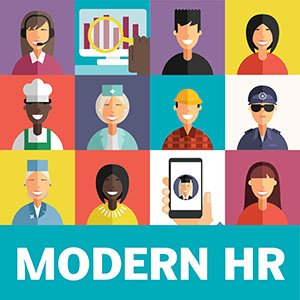Testing the intelligence of AI in HR applications

If an algorithm can't figure out things that it wasn't programmed to do, it's not learning anything and therefore isn't intelligent, says analyst Katherine Jones.
In little more than a year, the use of AI in HR has evolved from a hot new trend to an expected feature, and the technology has retained maximum buzzword status in vendor marketing.
But the mainstreaming of AI in HR has brought with it some backlash, with some observers accusing vendors of AI washing their products. How can buyers tell if AI in HR applications are really employing artificial intelligence and not run-of-the-mill computing?
Katherine Jones, an independent analyst formerly with Mercer and Bersin by Deloitte, addressed the meaning of AI terminology in a podcast recorded at the recent HR Technology Conference and Expo.
The vendor landscape has seen a proliferation of A's -- terms such as adaptive, automated and augmented intelligence, Jones said.
"We have all of these different words that people are basically using as some part of machine learning," she said. "It's really imperative that we get our act together from the education end ... for the HR practitioner [so] that they know what we're talking about."
Jones also agreed with a conference presentation by analyst John Sumser, who said much of what is called AI in HR is mostly statistics and analytics that doesn't exhibit true intelligence.
"I would be willing to bet that this has become marketing hype and not necessarily true technology," she said. Much of it is if-then statements or "glorified workflow ... that isn't really AI."
True AI is "much smarter," Jones said, as it is "an algorithm that will take the data and actually, given that data, be able to do something beyond what it was coded to do in the beginning." It is learning something without human intervention.
For example, Jones mentioned the AI used to study diseases in hospitals. It would take millions of hours for people to do such calculations mechanically, she said, but real AI can find correlations between diseases that clinicians never expected.
"Workflow is not that," Jones said. "Statistics on steroids is not that."
AI isn't even new. It has been around for two decades. "It's just that we've finally got it at the level where normal people can use it in their normal tasks at work," Jones said.
She also addressed the risk of algorithms functioning like black boxes that spit out answers without users knowing how the decision was made, which raises liability issues in applying AI in HR. "There is always the wizard behind the curtain," she said. "It is coded by humans to begin with."
Her advice is to find someone who can explain what data the algorithm is analyzing and decide if that makes sense for the organization.
"You need to know if it breaks," she said. Without such knowledge, a company can go far down the road of bias in HR decisions, which can leave it open to legal action by employees.